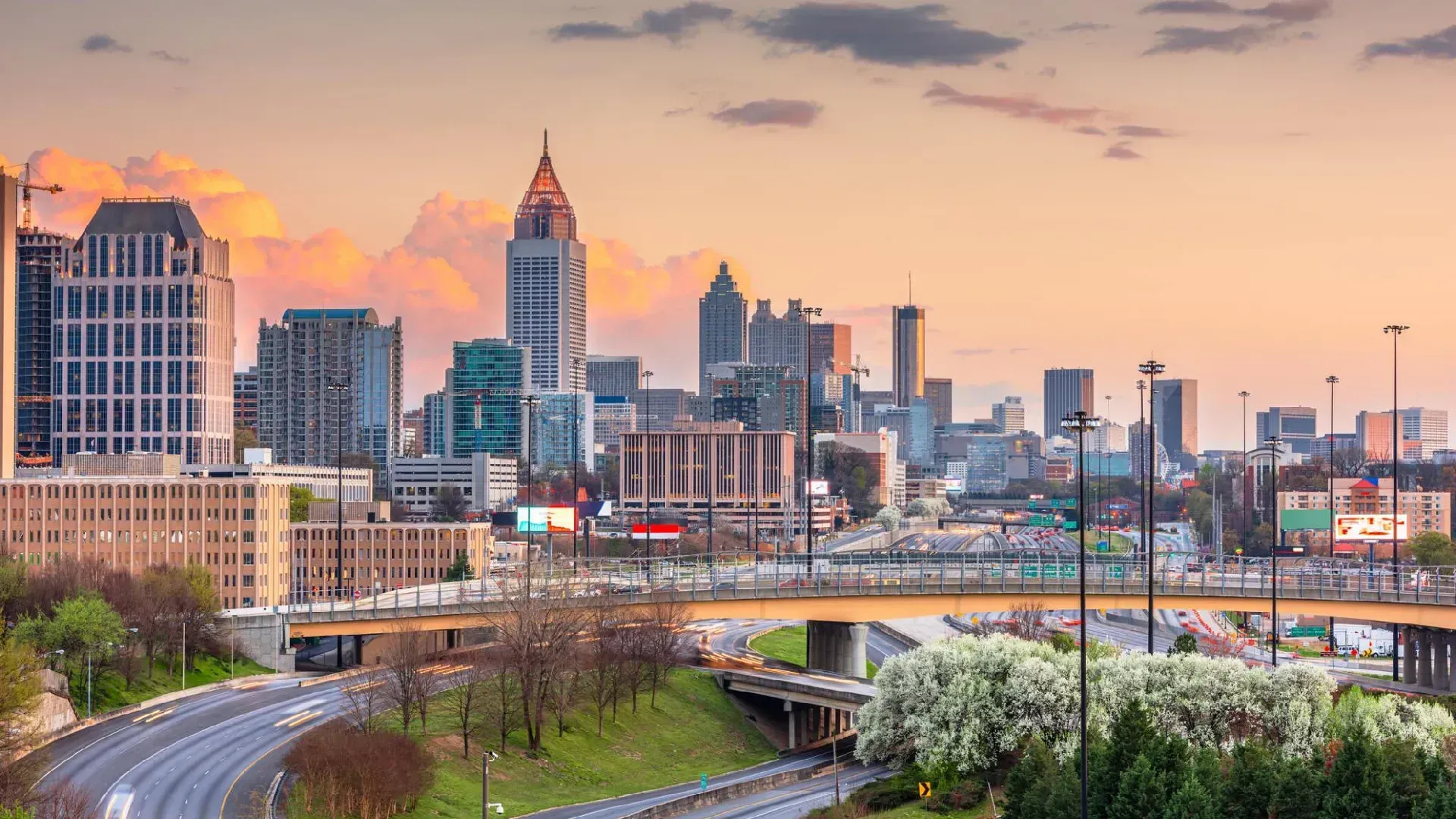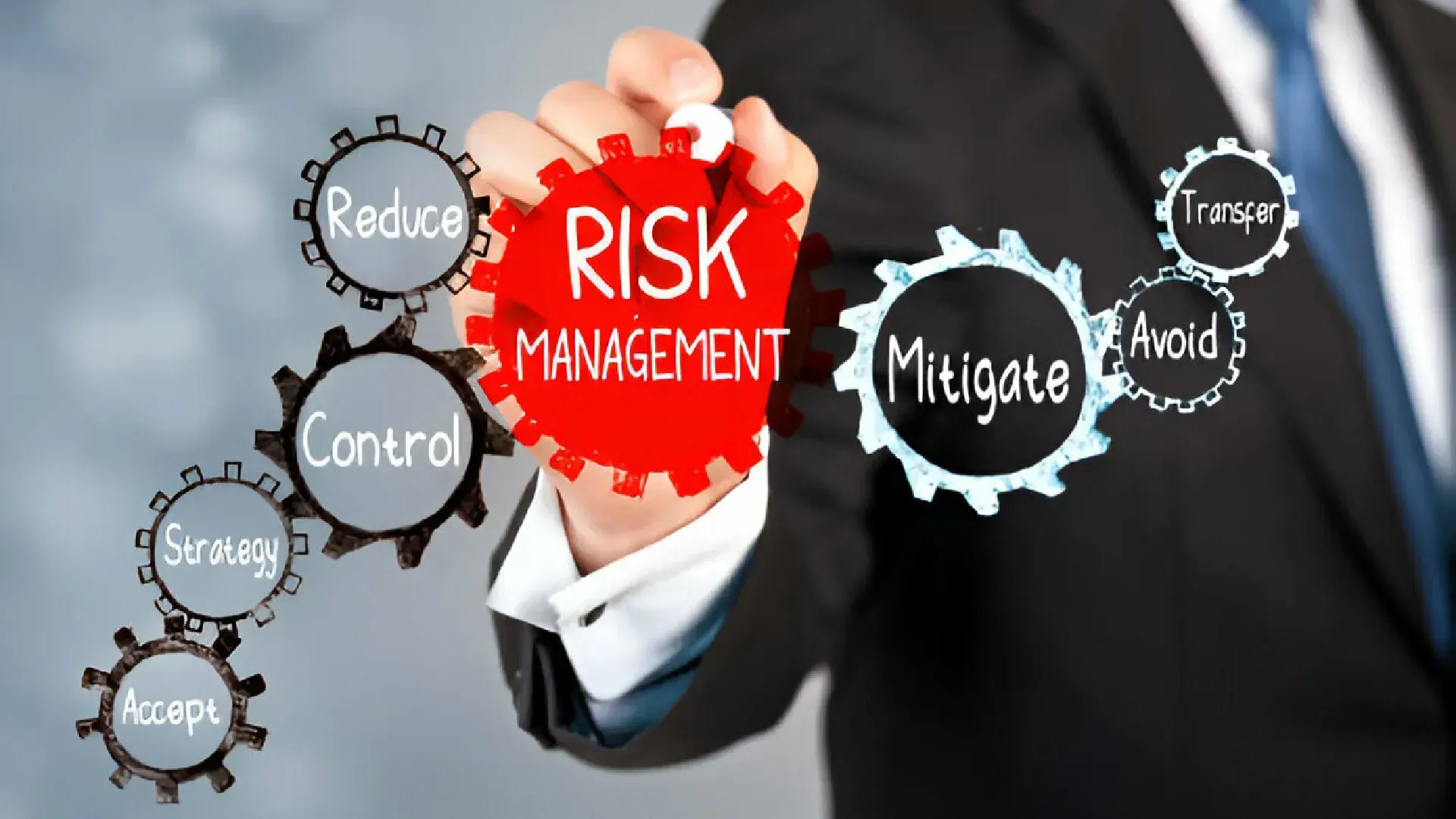Shaping Tomorrow - Emerging Trends in Commercial Real Estate

Commercial real estate (CRE) is in a state of constant evolution, shaped by economic, technological, and societal trends. As we look to the future, it is essential to anticipate and adapt to emerging trends that will shape the landscape of commercial real estate. In this comprehensive guide, we will explore the future of commercial real estate, discussing emerging trends, predictions, and their implications for investors, developers, and occupiers.
Emerging Trends in Commercial Real Estate
1. Technology Integration
The integration of technology is revolutionizing the commercial real estate industry, from smart buildings and IoT sensors to virtual reality tours and blockchain transactions. These technologies enhance operational efficiency, tenant experience, and asset performance, driving demand for tech-enabled spaces.
2. Flexibility and Adaptability
Flexibility and adaptability are becoming increasingly important in commercial real estate, driven by changing workstyles, tenant preferences, and economic uncertainty. Flexible lease structures, adaptable floor layouts, and mixed-use developments cater to evolving tenant needs and foster resilience in dynamic market conditions.
3. Sustainability and ESG Initiatives
Environmental, social, and governance (ESG) considerations are gaining prominence in commercial real estate, with investors and occupiers prioritizing sustainability and responsible business practices. Green building certifications, energy-efficient design, and sustainable construction materials are becoming standard practices to meet ESG goals and attract environmentally conscious tenants.
4. Rise of Co-working and Flexible Spaces
The rise of co-working and flexible office spaces is transforming the commercial real estate landscape, offering tenants flexibility, convenience, and community-driven environments. Co-working operators are expanding their footprint, while landlords are incorporating flexible space offerings to meet the evolving needs of tenants.
5. Shifts in Retail and Mixed-Use Developments
Retail real estate is undergoing a transformation, with e-commerce growth driving shifts in consumer behavior and demand for experiential retail destinations. Mixed-use developments that combine retail, residential, and entertainment components are emerging as vibrant urban hubs, catering to diverse lifestyles and preferences.

Predictions for the Future
1. Continued Urbanization
Urbanization trends are expected to continue, with cities serving as economic engines and cultural centers. Demand for commercial real estate in urban areas will remain strong, driven by population growth, job opportunities, and connectivity.
2. Embrace of Remote Work
Remote work is here to stay, with hybrid work models becoming the norm for many organizations. Commercial real estate will need to adapt to accommodate flexible work arrangements, with a focus on collaboration spaces, remote technology infrastructure, and employee well-being.
3. Resilience and Adaptation
Resilience and adaptation will be key themes in commercial real estate, as stakeholders navigate economic uncertainty, climate change, and technological disruption. Flexible, sustainable, and community-oriented developments will thrive in the face of ongoing challenges.
Conclusion
The future of commercial real estate is dynamic and multifaceted, shaped by emerging trends, technological advancements, and shifting societal norms. By embracing innovation, sustainability, and flexibility, stakeholders can position themselves for success in an ever-evolving market. As we navigate the opportunities and challenges of tomorrow, strategic foresight and adaptability will be essential for shaping the future of commercial real estate.
CONTACT US
Call 855-400-2254 or send us an email
VISIT US
55 Ivan Allen Jr. Blvd, Suite 340 Atlanta, GA 30308-3050
MAIL TO
55 Ivan Allen Jr. Blvd, Suite 340 Atlanta, GA 30308-3050






